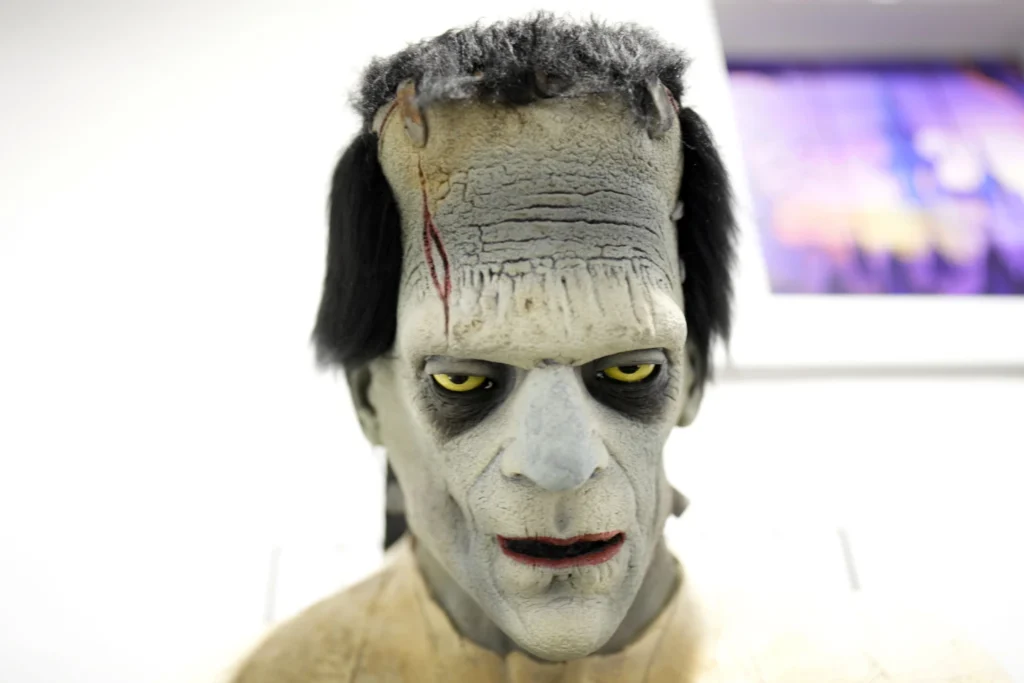DES MOINES, Iowa (AP) — For the first time since 1938, children in Des Moines, Iowa, will go trick-or-treating on Halloween.
Going door-to-door for candy on All Hallows’ Eve has long been commonplace throughout the country. But not in Des Moines, where Iowa’s capital city took a different approach more than seven decades ago in hopes of tamping down on hooliganism.
Instead, Des Moines children don their costumes on Beggars’ Night, typically the day before Halloween. And besides screaming, “Trick-or-Treat,” children are expected to tell a joke before receiving a treat.
This year, Beggars’ Night was set for Wednesday, but because of expected heavy rain and thunderstorms, officials delayed trick-or-treating until Thursday, which to the rest of the country is the normal Halloween.
“To my knowledge, it has never been moved or canceled since it was established after Halloween in 1938,” Assistant City Manager Jen Schulte said. “However, the safety of our residents, families and children is always our top priority and led to the change in this year’s scheduled Beggars’ Night.”
The city began its unusual custom at the suggestion of a former city parks director as a way to reduce vandalism and promote more wholesome fun for kids. Initially, children were encouraged to sing a song, recite poetry and offer some other kind of entertainment, but over time a joke became the most common offering.
Beggar’s Night also has limited hours, typically running from 6 p.m. to 8 p.m.
Many of Des Moines’ suburbs also adopted the Beggars’ Night tradition and chose to shift the celebration to Halloween this year.
“I didn’t realize we were that much of an anomaly because for us, this is normal,” said Debbie Westphal Swander, who owns a costume shop in West Des Moines. “We’re going to be in sync at least for this year with the way the event is celebrated everywhere else.
“The big picture for me is, it’s absolutely about the kids. That’s the most important thing.”
By SCOTT MCFETRIDGE/Associated Press

